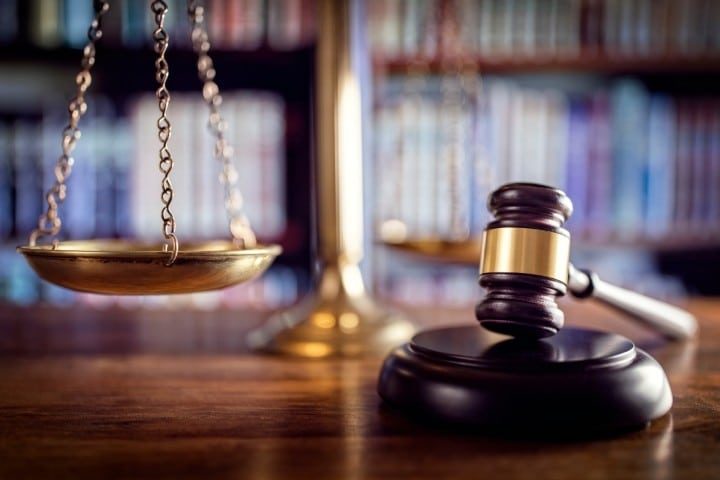
On July 12, 2022, a federal judge in Louisiana issued an order compelling the Biden administration to turn over communications between senior officials and tech companies. This order stemmed from a lawsuit filed on May 5, 2022, in which several states sued various government defendants, including President Biden. According to the order, in the lawsuit, the plaintiffs allege that the defendants “colluded with and/or coerced social media companies to suppress disfavored speakers, viewpoints, and content on social media platforms by labeling the content ‘disinformation,’ ‘misinformation,’ and ‘malinformation.””
Assuming the order stands, the information provided could prove to be valuable. While the suit does not name any Big Tech companies as defendants, the information provided could potentially shed light on whether such companies colluded with any government officials in suppressing speech of a particular nature or viewpoint and, if so, to what extent.
Section 230, which is part of the Communications Decency Act, serves to shield companies such as Twitter and Facebook from liability stemming from information published by others. Specifically, section (c) of the law states:
(c) Protection for “Good Samaritan” blocking and screening of offensive material
(1) Treatment of publisher or speaker
No provider or user of an interactive computer service shall be treated as the publisher or speaker of any information provided by another information content provider.
(2) Civil liability
No provider or user of an interactive computer service shall be held liable on account of-
(A) any action voluntarily taken in good faith to restrict access to or availability of material that the provider or user considers to be obscene, lewd, lascivious, filthy, excessively violent, harassing, or otherwise objectionable, whether or not such material is constitutionally protected; or
(B) any action taken to enable or make available to information content providers or others the technical means to restrict access to material described in paragraph (1).
For the most part, courts have held that internet platforms are immune when a claim “‘stem[s] from [the platform’s] publication of information created by third parties.’” Moreover, since these companies are seemingly “private,” as opposed to “governmental,” First Amendment scrutiny does not apply to them, and they are free to do as they please (with few exceptions). As a matter of fact, a district court judge in California recently dismissed a case brought by former President Donald Trump and others against Twitter. In doing so, the judge held, in part, that Twitter was a private company and that the allegations in the lawsuit did not establish that Twitter was acting as a government entity for purposes of First Amendment scrutiny.
While imposing liability against private companies such as Twitter and Facebook on First Amendment grounds is extremely difficult, many have called to revise or eliminate Section 230 altogether. Earlier this year, Justice Clarence Thomas issued a statement on the Supreme Court’s denial of certiorari in Jane Doe v. Facebook. In it, Thomas called for the court to “address the proper scope of immunity under §230 in an appropriate case.” Thomas raised similar concerns when the Supreme Court declined to review the scope of Section 230 in the case of MalwareBytes Inc. v. Enigma Software Group USA, LLC. A copy of Thomas’ statement in that case can be found here. One of his main concerns was that lower courts were interpreting the provisions of Section 230 to confer far more immunity to online platforms than the law requires.
At the present time, Section 230 continues to provide these companies with a seemingly impenetrable shield of protection, with very few exceptions. Congress and/or the Supreme Court should seriously address this. Until that happens, social-media platforms will likely continue to enjoy these protections (unless, for example, they are deemed to be “state/government actors,” which is a very difficult standard to meet).
In the meantime, the court’s order will allow the plaintiffs to learn more about any alleged collusion, as pled in the lawsuit. Republican Attorney General Eric Schmitt of Missouri recently issued a statement praising the ruling. According to Schmitt:
In May, Missouri and Louisiana filed a landmark lawsuit against top-ranking Biden Administration officials for allegedly colluding with social media giants to suppress freedom of speech on a number of topics including the origins of COVID-19, the efficacy of masks, and election integrity. Today, the Court granted our motion for discovery, paving the way for my Office to gather important documents to get to the bottom of that alleged collusion — this is a huge development.
Time will tell exactly how huge of a development this really is, if at all.




